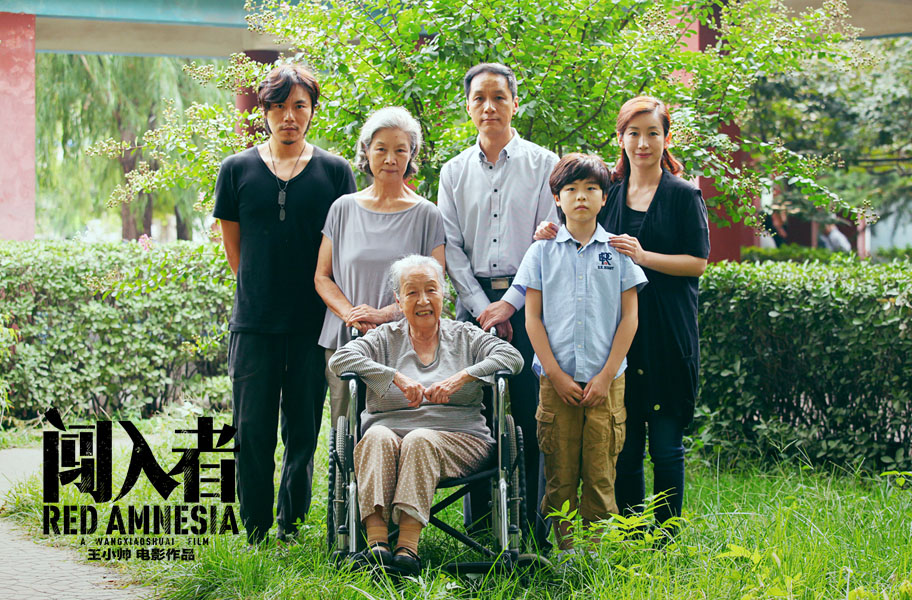After years of intensive lobbying by local filmmakers and industry professionals, China is set to have its first circuit of cinemas specializing in the exhibition of art-house films.

The plight of Chinese arthouse films in the world’s second-largest film market never felt so desperate as when, in May this year, 63-year-old film producer and screenwriter Fang Li literally fell to his knees to beg theater owners to arrange more screenings of Song of the Phoenix.
The online video of the veteran producer’s plaintive cry was broadcast via a live-streaming app before going viral. The plea helped rally support for the fledgling art house film and helped it reach third place at the box office, earning US$7 million.
Despite slowing somewhat recently, China’s film market has experienced explosive growth in recent years but arthouse films have found it difficult to share in the bounty, with audiences preferring to watch star-studded popcorn movies and theater owners catering to those tastes.
Jia Zhangke’s Still Life (三峡好人) was a winner of the Golden Lion Award for Best Film at the 2006 Venice Film Festival, but only pulled in RMB 500,000 ($74,000) at the box office. Wang Quan’an’s Tuya’s Marriage (图雅的婚事) earned him a Golden Bear at the 2007 Berlin Film Festival but only squeaked RMB 2 million (US$296,000) at home.
When Wang Xiaoshuai’s critically-acclaimed Red Amnesia (闯入者) failed to shine at the box office in 2015, the frustrated director put out a statement begging for more screenings of his films.
“I believe I have made a great film, and China’s film market should accommodate different genres, but the severity of the reality and the tiny number of screenings have gone beyond anything I imagined,” Wang wrote at the time.
Now, after years of intensive lobbying by local filmmakers and industry professionals, China is set to have its first circuit of cinemas specializing in the exhibition of art-house films thanks to the recently-launched National Arthouse Film Alliance, comprising a number of public and private companies.
Beijing-based China Film Archive is leading the alliance which is made up of alliance with Huaxia Film Distribution, Wanda Cinema Line, Bill Kong’s Broadway Circuit, Jia Zhangke’s Fabula Entertainment and ticketing platform Weying Technology.
The alliance has already chosen 100 cinemas in 31 major cities across the country to be part of a network that shows specialist titles from both China and overseas regularly. The cinemas guarantee they will screen an arthouse film at least three times per day and 10 times per week at peak times. The films will be curated in themed series such as youth, romance and classics.
Organizers plan to grow the alliance into over 400 cinemas reaching 3,000 screens. Its first release will be announced on November 8 with online ticket sales starting on November 16, and the first films released on November 23.
It’s unclear at this stage how films will be imported through China’s quota system. At the moment the system restricts foreign movie imports to either 34 titles a year on a revenue-sharing basis or on a flat fee basis. Flat fee releases are usually reserved for independent and smaller titles and usually number between 20 and 30 each year.
The establishment of the alliance comes as top film officials have renewed warnings to the local industry to expect more competition from foreign films in the coming years. China Film Bureau chief Zhang Hongsen told a local film forum last week there would be more “intensive and fair” competition in 2018 as more foreign movies enter the film market.
China Film Bureau: More Competition from Foreign Films Coming in 2018
The local independent film industry is hoping the alliance means they won’t have to beg anymore and can stand on their own two feet.
— Additional reporting by Wang Qingyuan





